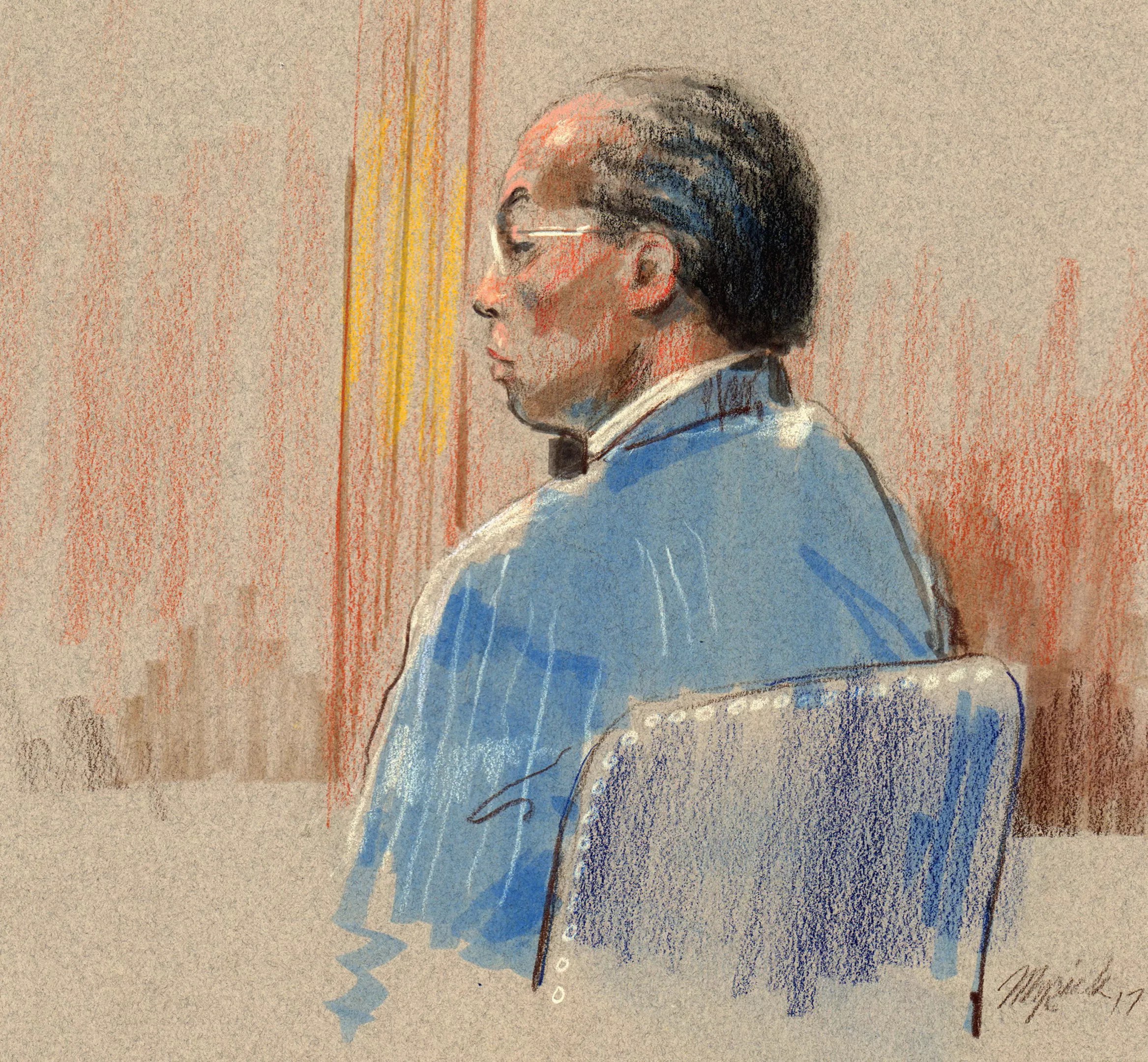
Gary Myrick

Audio By Carbonatix
For the jury, the media and anyone else interested in a resolution to Dallas County Commissioner John Wiley Price’s public corruption trial, this week was a good one. Federal prosecutors finally picked up their pace, running through a significant portion of their witnesses. The jury, unlike the previous week, remained intact, too, lessening the likelihood of a mistrial.
Most importantly, U.S. District Judge Barbara Lynn indicated that the trial itself could be over by the end of April, bringing proceedings to a significantly earlier close than experts, or the court’s calendar, predicted.
Price is accused of taking nearly $1 million in kickbacks and benefits from firms seeking to do business with Dallas County. He is also accused of tax evasion for not reporting the bribes he was allegedly being paid on his income taxes. His attorneys have argued that the money Price received, which often came from his political consultant Kathy Nealy, was actually repayment for previous personal loans. Loan payments are not required to be reported as income.
Let’s take a look at what you may have missed during the trial’s second full week:
Karen Manning Doesn’t Recall – Like many reluctant witnesses before her, John Wiley Price’s former art dealer, Karen Manning, had a lot of trouble remembering seemingly obvious details of her life. She seemed reluctant to disclose that she’d sold art for Price, despite the fact that his items at her gallery were labeled as being party of a special John Wiley Price Priceless collection. Despite a close personal relationship with Price, one that included the commissioner’s vouching for her decorating abilities with elite friends like T.D. Jakes, Manning said she didn’t know much about Price’s finances. To her knowledge, she said, Price hadn’t use her gallery to evade taxes or launder money, as prosecutors have alleged.
Manning, who pleaded guilty to filing a false tax return in 2015, wasn’t much help to prosecutors, despite her sentence in that case being dependent on the quality of her testimony against Price.
Christian Campbell Does What He’s Supposed To Do – In contrast to Manning, Christian Campbell, a business consultant who, like Manning, cut a deal to testify against Price, painted a damning picture of the commissioner. Campbell outlined how he funneled money from his clients, who were seeking contracts with Dallas County, to Price’s political consultant and co-defendant Kathy Nealy, who will go on trial at a later date. Nealy would then get confidential bid information from Price, helping Campbell’s clients win contracts they wouldn’t otherwise. While he never gave cash to Price himself, Campbell said, he knew where the money he was giving Nealy was going. In one instance, prosecutors showed the jury, Campbell wrote Nealy a check for $7,500. The very next day, prosecutors showed, Nealy wrote Price a check for $2,500.
Dallas County Officials Ignored Warnings About Price, Witness Says – Robert Clines, Dallas County’s former information technology director, told jurors Thursday that Price frequently requested information not available to the public about pending contracts before passing that information along to Nealy, according to reporters in the courtroom. Clines warned both the county purchasing director and the county administrator about Price’s behavior, but they did nothing to stop Price’s influence peddling, Cline said.
Testimony in United States of America v. John Wiley Price, et al. continues Friday at 8:30 a.m.